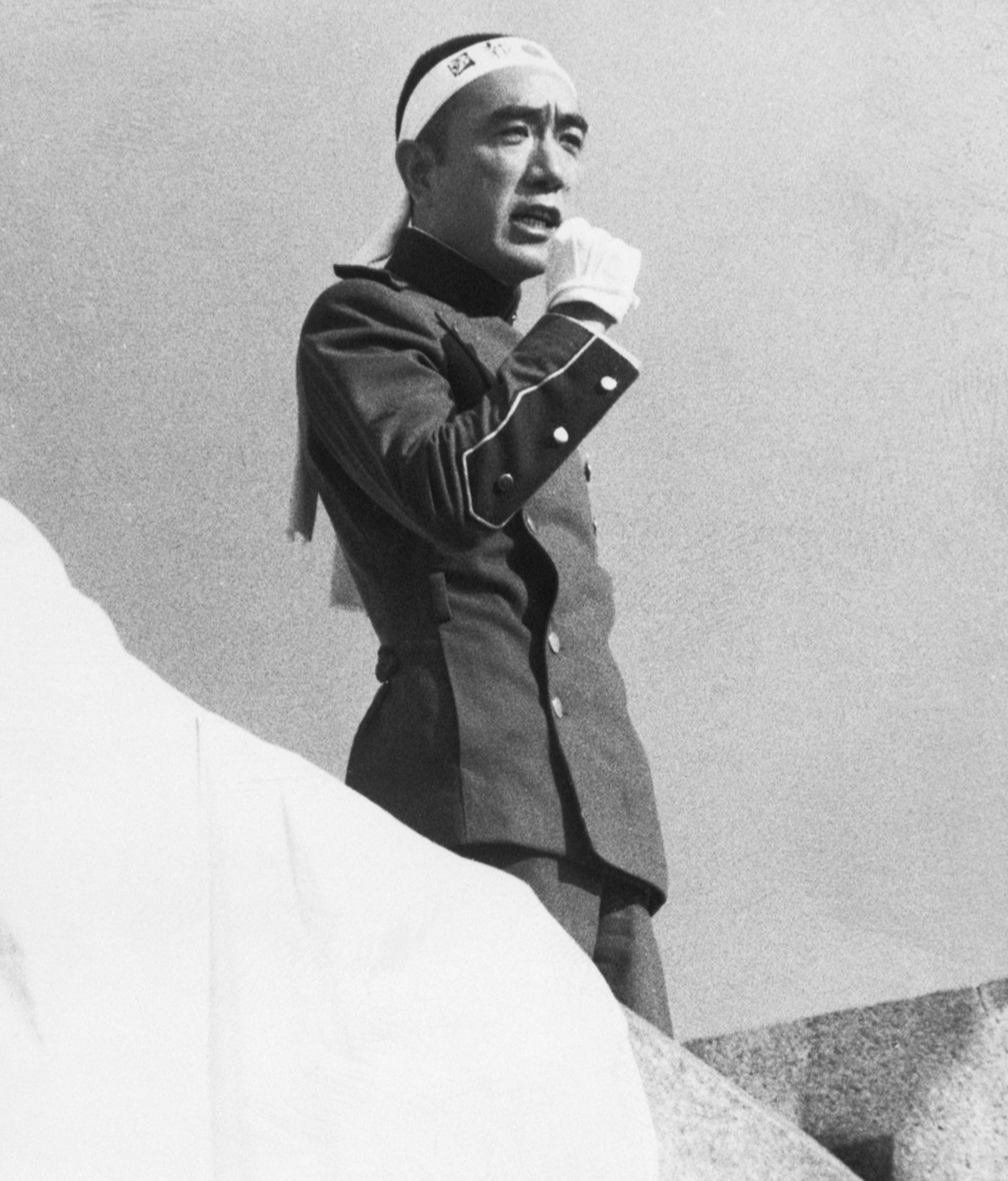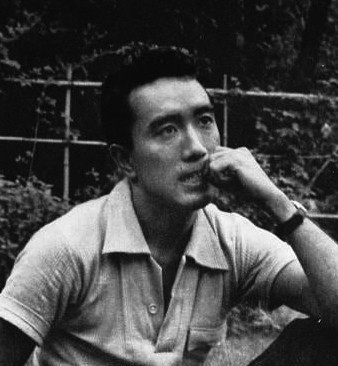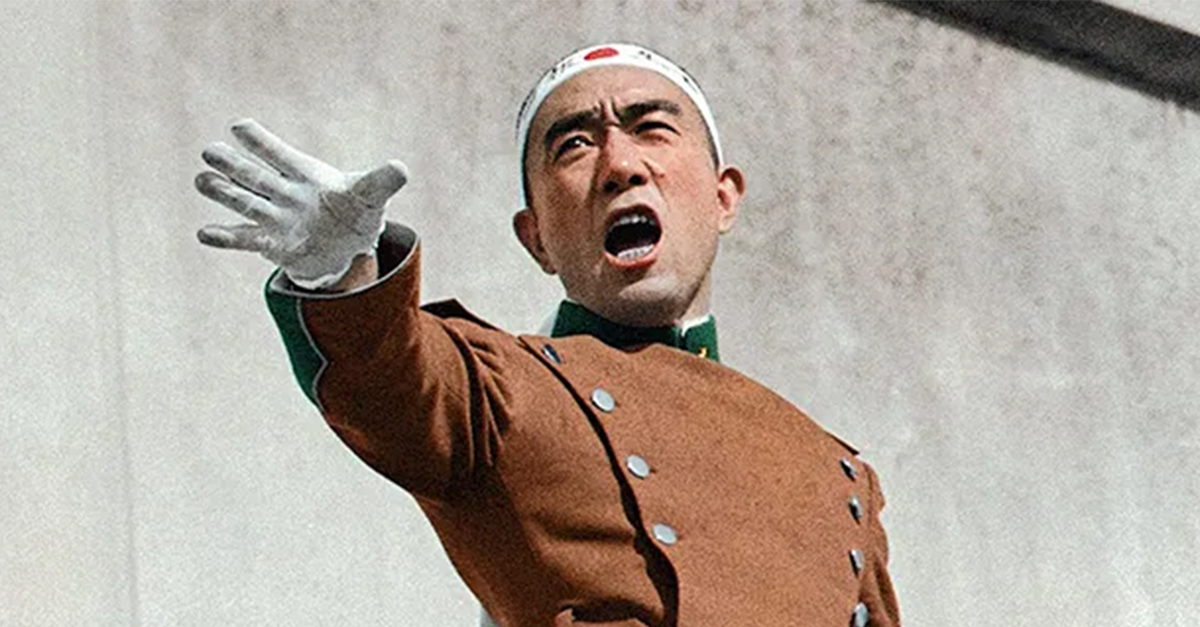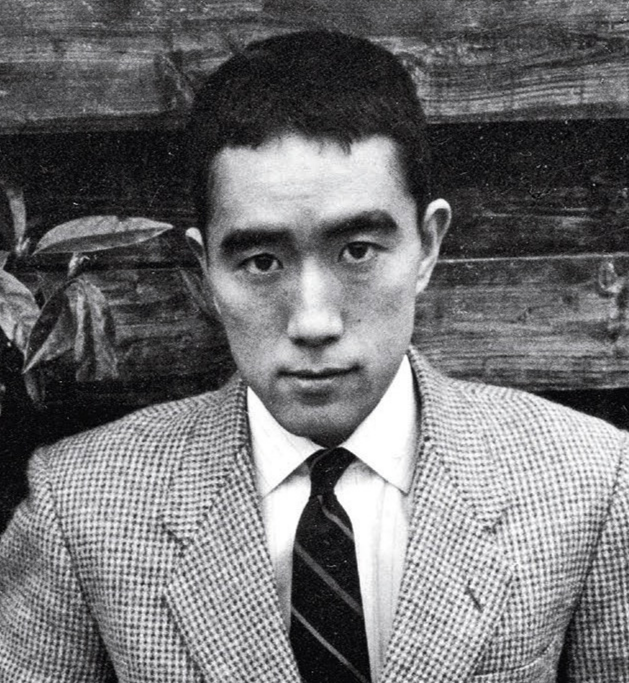On November 25, 1970, Japan’s most famous novelist, Yukio Mishima, shocked the world by attempting to overthrow the Japanese government. It was a desperate bid to restore the power and honor of the Imperial throne. Mishima’s dramatic and tragic final act is one of the most bizarre and controversial episodes in modern Japanese history, reflecting a complex blend of nationalism, personal crisis, and artistic vision.
A Brilliant, Troubled Mind
Mishima, born Kimitake Hiraoka in 1925, was a literary prodigy known for his intense, often violent prose and fascination with the samurai code of bushido. His works, including the acclaimed “Sea of Fertility” tetralogy, explored themes of beauty, death, and spiritual decay. However, Mishima also harbored psychological struggles that would ultimately lead him down a path of political extremism.
A Deep Sense Of Loss And Disconnection
Mishima’s psychiatric issues are believed to have stemmed from narcissistic personality disorder and a profound identity crisis. He felt disconnected from post-war Japan, which had abandoned its militaristic traditions for pacifism and Western-style democracy. He saw the 1947 constitution, which stripped the Emperor of his divine status and disbanded the Japanese military, as a humiliation that severed the country from its spiritual roots.
The Formation Of The Tatenokai
In 1968 Mishima founded the Tatenokai (Shield Society), a private militia dedicated to defending the Emperor and promoting traditional Japanese values. The group was composed mostly of young, idealistic university students. These young people trained with the Japanese Self-Defense Forces (JSDF) but remained largely symbolic, more a dramatic extension of Mishima’s artistic vision than a serious military force.
The Coup Attempt At The Ichigaya Barracks
On the morning of November 25, 1970, Mishima and four members of the Tatenokai entered the JSDF’s Ichigaya Barracks in Tokyo. They seized the office of General Kanetoshi Mashita, tying him to a chair while Mishima prepared to address the troops assembled below. He unfurled a handwritten manifesto and the Japanese flag from the balcony, calling on the soldiers to overthrow the government and restore the Emperor to his pre-war status.
 ANP scans 8ANP 222), Wikimedia Commons
ANP scans 8ANP 222), Wikimedia Commons
The Soldiers’ Shocked Response
Mishima’s attempt to rouse the soldiers to mutiny fell flat. The troops, confused and largely uninterested in his ultranationalist message, jeered and mocked him. Some even shouted for him to come down and fight like a real samurai. This disdain for Mishima’s theatrical posturing shattered any hope of a successful coup.
A Final, Tragic Act Of Seppuku
Realizing his plan had failed, Mishima retreated into the general’s office and performed seppuku (ritual suicide), a samurai practice he had long romanticized in his writings. His second-in-command, Masakatsu Morita botched the ritual multiple times, forcing another follower to complete the act. Morita then took his own life in a similarly botched attempt.
Why The Authorities Were Caught Off Guard
Japanese authorities were caught totally off guard by Mishima’s actions. His reputation as a brilliant if eccentric writer overshadowed his political activities, leading many to underestimate his seriousness. The Tatenokai’s close ties to the JSDF also gave them easy access to the barracks, bypassing the typical security that might have prevented the takeover.
 Shirou Aoyama, Wikimedia Commons
Shirou Aoyama, Wikimedia Commons
The Immediate Aftermath And National Shock
News of Mishima’s dramatic suicide spread rapidly, shocking a nation that had largely left militarist nationalism behind. His death was met with mixed reactions: some saw him as a tragic hero defending ancient values; others dismissed him as a delusional extremist. The Japanese government distanced itself from the incident, fearing a resurgence of ultranationalism.
The Long-Term Impact On Japanese Society
Mishima’s coup attempt and death had a lasting impact on Japanese culture and politics. It sparked a national debate about the meaning of patriotism, the role of the Emperor, and Japan’s place in the world. His writings, tinged with themes of death and redemption, gained chilling resonance.

History's most fascinating stories and darkest secrets, delivered to your inbox daily.
A Life Of Art And Tragedy
Yukio Mishima’s final act was one of the most puzzling and dramatic moments in modern Japanese history. It points to the dangers of extremism, the lure of romanticized violence, and the blinding power of personal mythology. Though his coup failed, his literary legacy endures, casting a long shadow over Japan’s post-war psyche.
You May Also Like:
Cringe-Worthy Facts About The Biggest Mistakes In History
44 Literary Facts Only True Bookworms Would Know












